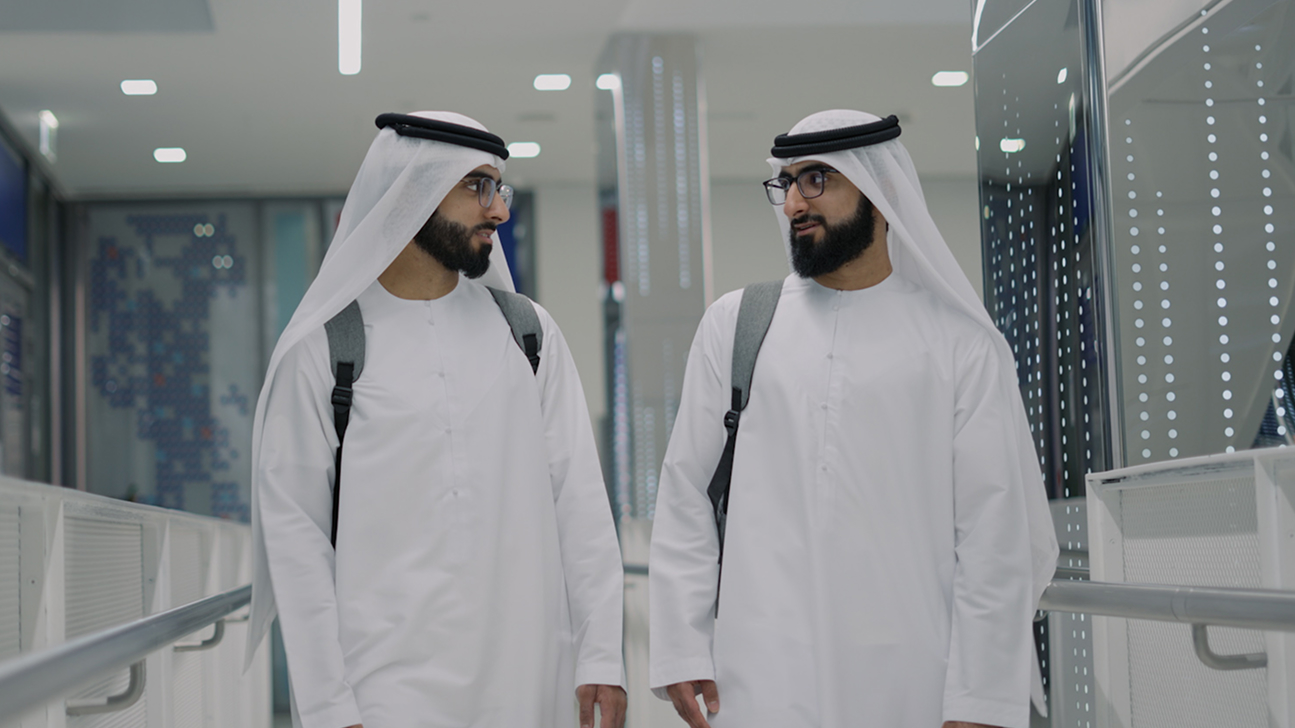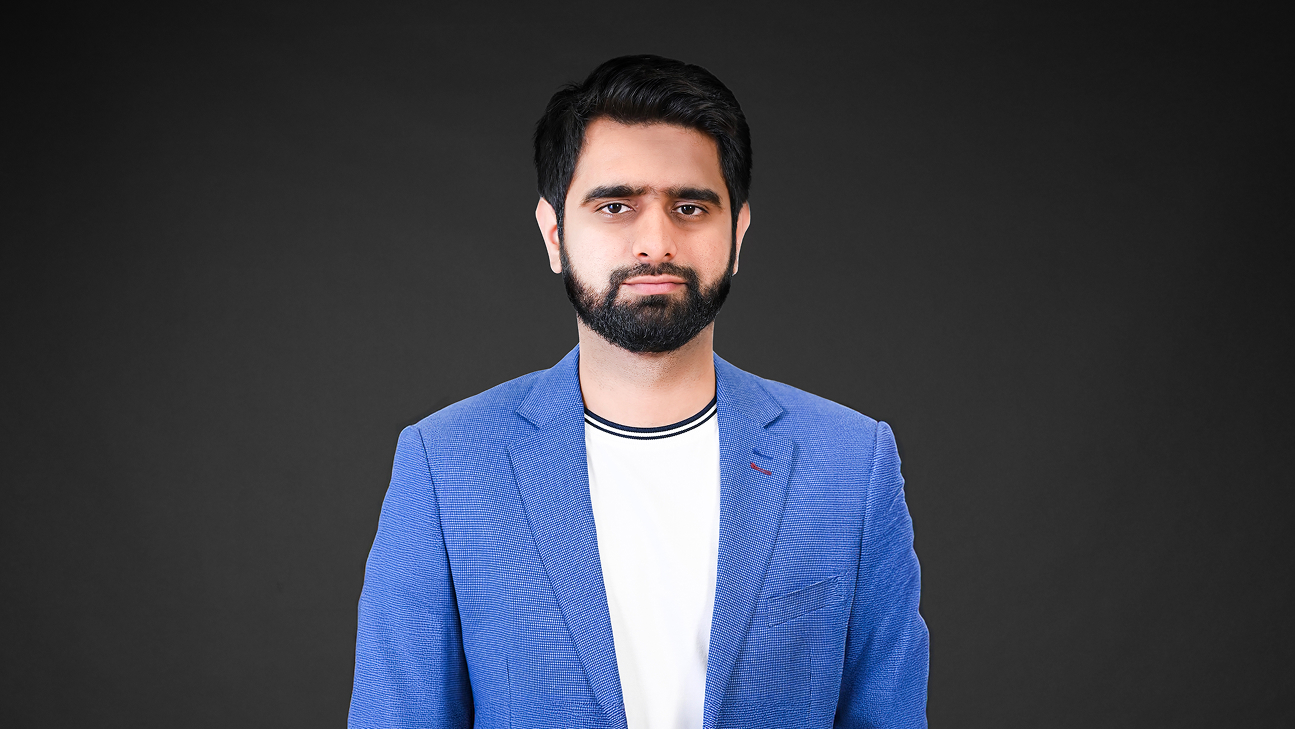In the eye of the beholder: AI optimism and female empowerment
To celebrate Emirati Women’s Day 2023, Mohamed bin Zayed University of Artificial Intelligence (MBZUAI) highlights the success, challenges, and aspirations of three women at different stages of their careers, from students to Boeing
Monday, August 28, 2023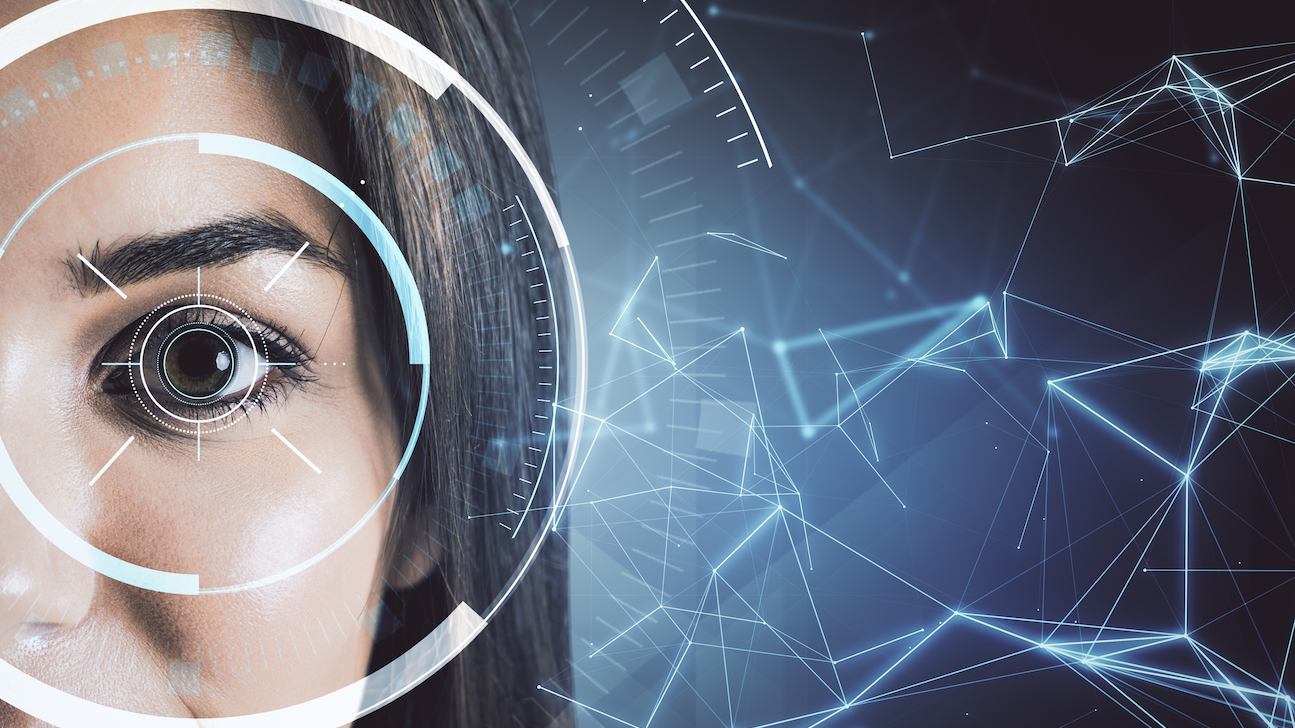
AI is in the eye of the beholder, and to these AI optimists working in the field, it promises change and disruption in its most beneficiary form. Achieving gender parity sparks diversity in the science, with a new generation of skilled female AI practitioners and digital transformation adopters, ready to utilize the power of AI for noble quests, including philanthropy, clean energy and transportation, and safety and security.In the UAE, there are more than 20,000 female Emirati entrepreneurs, accounting for at least 10 percent of all Emirati business owners. From the classroom to industry, Abu Dhabi’s Mohamed bin Zayed University of Artificial Intelligence (MBZUAI) is helping local women at all stages of their careers to develop the skills they need to prosper in the traditionally male-dominated tech sector and make a positive impact.
Farha Albreiki, who graduated with a Master of Science in Machine Learning from MBZUAI in June 2023, is already applying some aspects of her AI knowledge and skills in her role as a power project engineer at Abu Dhabi Transmission and Despatch Company (TRANSCO), part of TAQA, where she manages projects that are related to the transmission of power. “My learning at MBZUAI paved the way to involve myself in projects that are related to AI and data analysis for forecasting and prediction purposes. The degree and the education I received distinguished me from my colleagues with the same background,” she says.
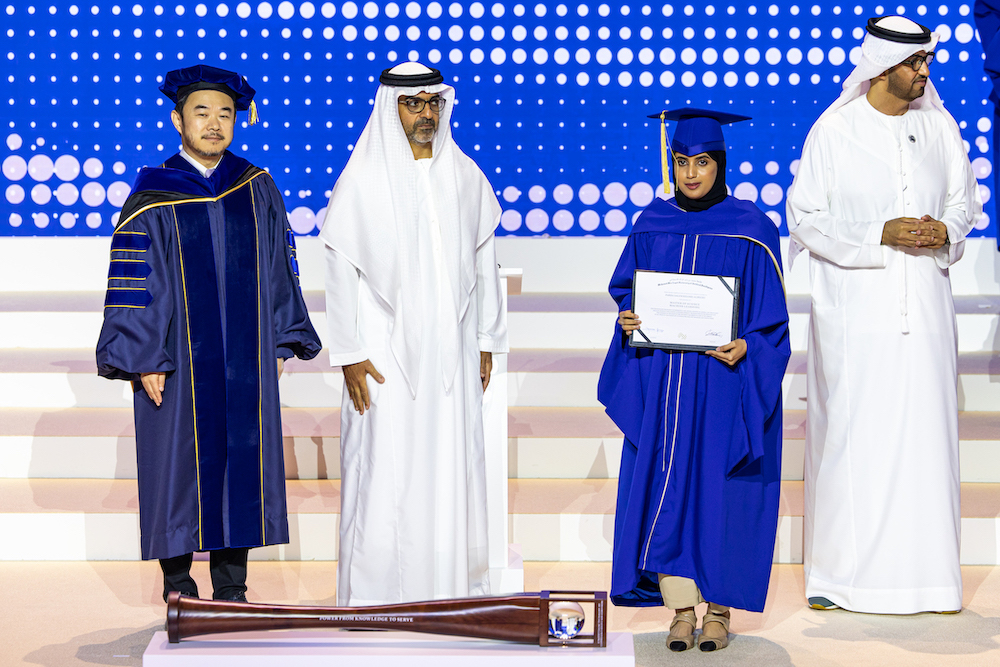
MBZUAI alumna, Farha Albreiki, at her commencement with (l-r) President and University Professor, Eric Xing, H.H. Sheikh Theyab bin Zayed Al Nahyan, and H.E. Dr. Sultan bin Ahmed Al Jaber, Minister of Industry and Advanced Technology, President-Designate of COP28 UAE and Chairman of MBZUAI’s Board of Trustees.
“My skills helped me to ask the right questions, which will improve the integration of the solution being built and ensure that it is what we are seeking as a long-term AI solution,” Albreiki adds.
While Albreiki is blazing a trail for other women to follow in AI and engineering, she is concerned that there are too few women in the technology field. “I have noticed that women in the tech sector, whether it was AI-related or engineering related, are falling behind in terms of number. I hope one day I will at least see women filling half of the room whether it was for training, conferences, or workshops,” she says.
Albreiki is keen to be part of the solution and is a proud member of TRANSCO Women Working Group (TWWG), which is driven by TAQA Women’s Council. The dedicated group aims to enable the development of women in the transmission sector, and champion equity, diversity, and inclusion.
In the media
Albreiki says she takes inspiration from many fellow Emirati women who have achieved a successful career in the technology and utility sectors, including H.E. Sarah bint Yousef Al Amiri, the UAE Minister of State for Public Education and Advanced Technology and Chairwoman of the UAE Space Agency, and Eng. Haifa Al Mutairi, power protection manager at TRANSCO. May we celebrate their achievements and future ambitions as one on the 8th annual Emirati Women’s Day, with blessings and inspiration from Her Highness Sheikha Fatima bint Mubarak.
While Albreiki makes strides at TRANSCO, she serves as inspiration for the next generation of Emirati women currently studying for their post-graduate degrees at MBZUAI. Among them is Nouf Alshamsi, who is studying a master’s in computer vision and is fascinated by the transformative possibilities that emerge at the “crossroads of different disciplines” such as AI and electrical engineering.
Alshamsi joined MBZUAI in 2022 after completing a bachelor’s degree in electrical engineering at United Arab Emirates University (UAEU). At the university, she is focusing her studies and research on tracking algorithms for thermal and daylight imaging in remote areas, a specialization that has numerous practical applications as diverse as wildlife monitoring, and search and rescue operations, to mention just a few.
“I was drawn to this field because it could revolutionize our interactions with technology and our environment,” she says. “Creating intelligent systems that can process visual information and make decisions opens doors to countless possibilities. The intersection of computer vision, AI, and remote sensing intrigued me, as it promises to create previously unimaginable solutions.”
The potential of AI to revolutionize various aspects of the business, from aircraft maintenance and safety enhancements to predictive analytics for operational efficiency, is truly exhilarating.
Global accelerators and innovation regional lead at Boeing
While Alshamsi admits that being an Emirati woman in the tech sector comes with challenges and opportunities, she is optimistic that more women will enter the sector thanks to the UAE’s strong commitment to promoting diversity and inclusion in STEM fields. “I am proud to contribute to this movement by pursuing a career integrating technology and innovation,” she adds.
Both Alshamsi and Albreiki describe themselves as AI optimists, believing that responsibly deployed AI has the potential to drive transformative positive change across various industries. “By addressing complex problems and automating routine tasks, human resources can be directed toward creative and strategic endeavours that can reshape the world,” Alshamsi explains.
The rapid pace of AI development means that it is also vital for women who are already in leadership positions in all sectors to expand their knowledge of AI, and this is one of the achievements of the MBZUAI Executive Program (MEP), a 12-week, intensive experience developed to support the need for AI-savvy leaders across all verticals.
Dr. Mariam Ketait, global accelerators and innovation regional lead at Boeing, and a recent graduate of MEP, was undaunted by the immersive experience of the AI program. After completing the course, Dr. Ketait describes herself as being “incredibly enthusiastic” about the transformative changes AI can bring to “a more advanced and efficient era of aviation”.
“The potential of AI to revolutionize various aspects of the business, from aircraft maintenance and safety enhancements to predictive analytics for operational efficiency, is truly exhilarating,” she says.
Dr. Ketait’s rich experience, with a background as a practicing family doctor and in government, has allowed her to see AI’s potential in many other areas of society, and she is particularly excited by the potential of AI in philanthropy. “Participating in MEP greatly enriched my understanding of data-driven decision-making in philanthropy,” she says. “Through machine learning algorithms, we are able to analyze donor preferences and tailor engagement strategies, resulting in higher donor retention rates and increased contributions. This application of AI not only advances our philanthropic initiatives but also demonstrates the potential for technology to drive positive social impact.” One of the aspects of the program that Dr. Ketait found particularly valuable was the emphasis on collaboration and teamwork to generate ideas and solve problems. “The cross-industry exchange of ideas provided a unique opportunity to learn from different strategies and practices, fostering creativity and adaptability,” she said.
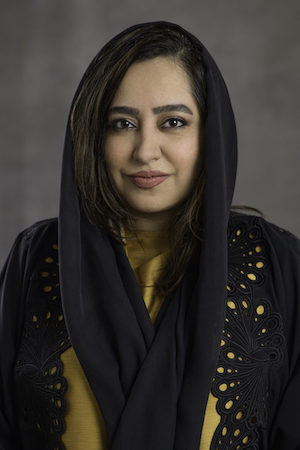
Dr. Mariam Ketait
With her extensive experience, Dr. Ketait has a clear overview of the challenges that women face in sectors that are traditionally male dominated. “Being a woman in the tech sector has been both challenging and rewarding,” she says. And while the sector has made strides in terms of gender diversity, there are still hurdles to overcome. “I believe there is a need for continued efforts to create inclusive environments, promote equal opportunities for women in leadership roles, and address unconscious biases,” Dr. Ketait continues. “Employers can play a significant role by implementing mentorship programs, fostering a culture of respect, and actively promoting gender equality. Ultimately, I hope to see a tech sector where women’s contributions are valued equally and where diverse perspectives drive innovation and growth.”
For women – and men – looking to succeed in leadership roles and make their mark, Dr. Ketait offers some sound advice: “Embrace the power of continuous learning, allowing your curiosity to fuel your growth. Cultivate meaningful connections, for collaboration is the cornerstone of innovation. Remember, knowledge holds its true value when applied, so seek opportunities to turn theory into practice.” Remember, ‘We collaborate for tomorrow’.
As the influence of AI continues to grow and extend into just about every sector, from government to healthcare, education, aviation, and utilities, it is vital to ensure that women are involved in the development and integration of this technology. This is important for many reasons including equality and inclusion, reaching the UAE Government’s goals for gender equality and the empowerment of women and girls, and, crucially, to avoid unconscious bias in AI systems.
Related
Not your typical digital twins: How two Emirati brothers are using AI to make the UAE’s roads safer
Identical twins Abdulla and Abdulrahman Almarzooqi share more than looks. Together, the MBZUAI master’s graduates are working.....
- MLLMs ,
- machine learning ,
- graduation ,
- alumni ,
- graduates ,
- commencement 2025 ,
- commencement ,
Not your typical digital twins: How two Emirati brothers are using AI to make the UAE’s roads safer
Identical twins Abdulla and Abdulrahman Almarzooqi share more than looks. Together, the MBZUAI master’s graduates are working.....
Read MoreHow MBZUAI’s first NLP Ph.D. graduate is bringing bias to light
Muhammad Arslan Manzoor joined MBZUAI as the University’s first NLP Ph.D. student in 2021. He’s now on.....
- commencement ,
- commencement 2025 ,
- bias ,
- Ph.D. ,
- media ,
- graduates ,
- alumni ,
- nlp ,
- natural language processing ,
